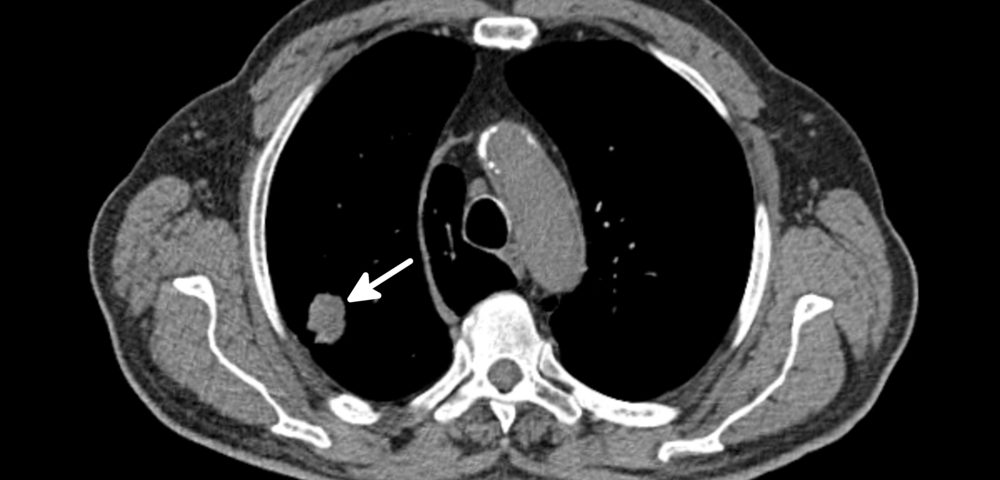Inhibitors of a specific receptor, P2X7, decrease tumor growth in malignant pleural mesothelioma, according to the results of a study titled “P2X7 targeting inhibits growth of human mesothelioma,” published in the journal Oncotarget.
Several studies in the last few years have proposed a role for plasma membrane receptors for extracellular nucleotides (nucleotides are organic molecules that serve as subunits of nucleic acids like DNA or RNA) in promoting inflammation, cancer cell growth, and metastatic spreading.
These receptors are called P2 receptors (P2Rs), and a particular member, the P2X7 receptor, has been shown to play a relevant role in cancer: supporting tumor cell growth both in vitro and in vivo, allowing tumor cells to grow even in nutrient deficient conditions (such as glucose deprivation), among others.
The role of the P2X7 receptor in promoting cancer is further highlighted by the strong growth-inhibitory effect of P2X7R blockers in several tumors, such as melanoma, colon cancer, and human and mouse neuroblastoma.
While P2X7R expression and function has been detected in several types of cancers, its role in malignant pleural mesothelioma remains unknown. Researchers investigated P2X7R expression in healthy mesothelial and malignant mesothelioma cells, and the effect of P2X7R inhibition on tumor growth.
In healthy human mesothelial cells, P2X7R expression was barely detected, while in three human malignant pleural mesothelioma cell lines P2X7R expression was significantly increased (a particular cell line showed a threefold induction of P2X7R transcript levels). When researchers treated malignant pleural mesothelioma cell lines with P2X7 receptor inhibitors, they inhibited cellular growth.
Human malignant pleural mesothelioma is highly resistant to chemotherapy in vivo. To test if their findings translated to an in vivo scenario, the team tested the effects of a highly selective P2X7R inhibitor in mesothelioma tumors in mice.
Researchers administered the drug through two different routes, via a subcutaneous injection (directly into the layer of skin below the dermis and epidermis) or intraperitoneal injection (directly into the peritoneum, body cavity). In both cases, there was a significant reduction in tumor growth.
Because very few therapies are currently available to treat malignant mesothelioma, these results support a potential role for P2X7R antagonists as a therapeutic option for malignant mesothelioma. These drugs have been already tested in Phase 2/3 clinical trials for chronic inflammatory diseases. Future clinical trials are needed to test its efficacy in malignant mesothelioma.


